'Growing problem': Portage faces placement crisis for its most vulnerable kids
Portage County Job and Family Services is setting up a house for one teenager who otherwise would have no place to go.
The "out-of-box" solution is one way to address the placement crisis that county officials statewide are facing, said Kellijo Jeffries, director of Portage County JFS.
Jeffries and her colleagues across Ohio are finding it increasingly challenging to find homes and treatment facilities for children in state custody who have profound mental health and developmental disabilities.
Jeffries said when youth are facing a mental health crisis, there is often a shortage of beds available at treatment facilities. According to a statewide survey, 503 youth have spent at least one night in a JFS office between July 2021 and June 2022.
Many of the facilities that provide needed services for children are located across the state or even out of state. That, Jeffries said, makes it difficult when the county is working to reunify the children with their families.
According to the survey, many of those youths who spent the night in JFS offices had complex needs, with 151 facing severe mental health issues; 146 with extreme behaviors such as setting fires, severe violent tendencies or animal abuse; 103 in the juvenile justice system; 56 with developmental disabilities; and 86 of whom were sent to JFS custody late in the day when little information was known.
Judge Patricia Smith of the Portage County Juvenile Court recently told freelance journalist Catherine Candisky, who was writing a story on the placement crisis for the Public Children's Services Association of Ohio, that she deals with placement issues every day.
Recently, Smith said, she held a girl in the Portage County Juvenile Detention Center because there was no other place to put her.
The girl was facing delinquency charges, but those stemmed from her mental health issues, Smith said.
"She should not be in a detention center. It is absolutely the worst possible alternative for her,” Smith said. “We could keep more kids in the home if we actually had services immediately available.”
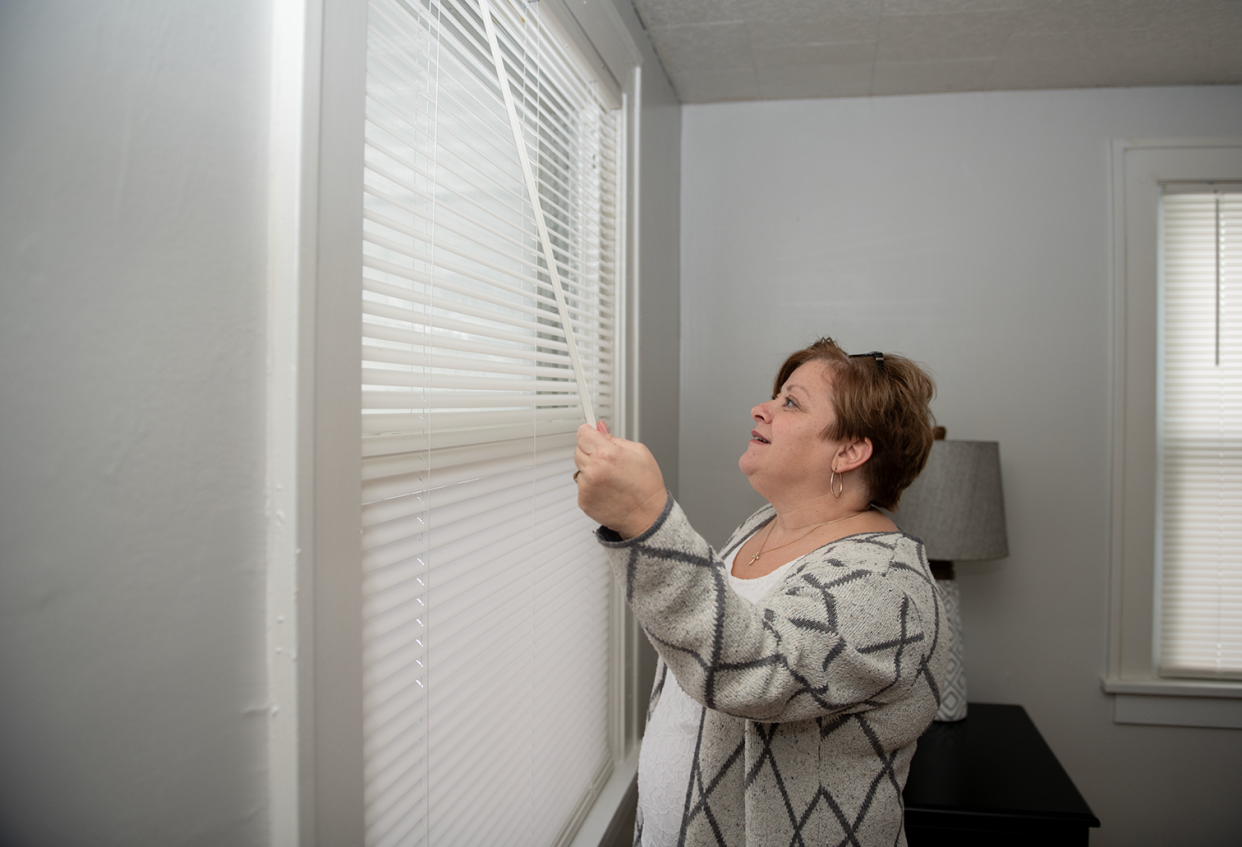
Kids in crisis
Jeffries said this year, she had a difficult time finding placement for three youths — a girl with developmental dishabilles, as well as two other youth who had attempted suicide.
The girl was taken to the hospital by her placement provider after she refused to go to sleep, started banging her head and refused medication. The placement provider refused to take her back because it couldn't meet her needs. The other two youths who attempted suicide were released from the hospital — but because of a lack of placement options, both remained in the hospital for days after their release.
The girl needed to go to a psychiatric residential treatment facility, but there was only one place in the state that provided the treatment. That facility, in Grove City near Columbus, initially had no beds, said Kaylyn Kane, administrator of child protective services. At one point, the girl was offered a placement at a treatment center in California, which was rejected.
Eventually, a bed opened up at the facility in Ohio for the girl.
The crisis, Jeffries said, is driving up the cost of providing services. This year, the county spent $1.1 million more than it did the previous year to house children, despite a similar number of kids in care.
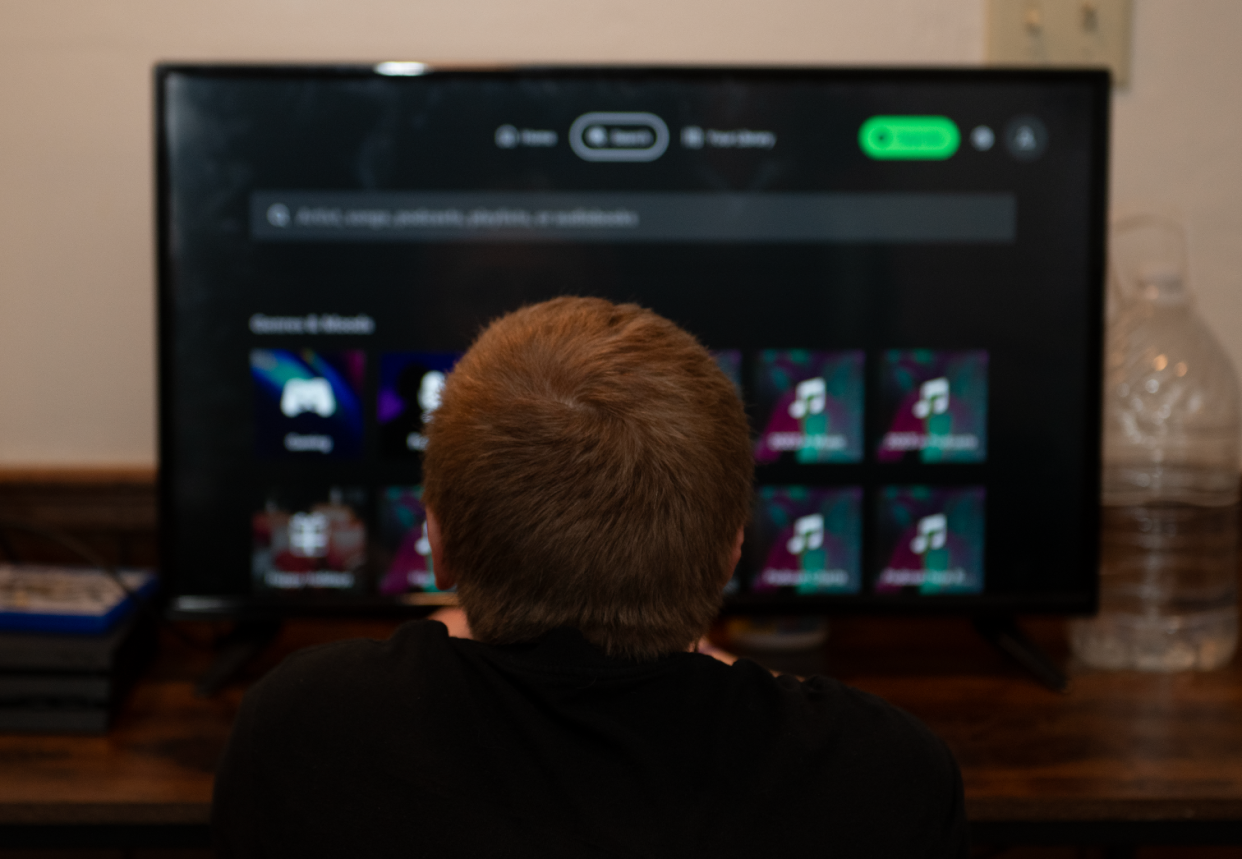
Not just a youth issue
John Vennetti, superintendent of the Portage County Board of Developmental Disabilities, said adults with developmental disabilities are facing a similar crisis.
“Unfortunately, due to the workforce crisis, Portage DD has difficulty finding placements in Portage County, or even out of the county, for both youth and adults with developmental disabilities and mental health/ behavioral issues," he said. "Additionally, since Portage County providers are dealing with a staffing crisis, assisting or developing new programs to remedy the situation remains an ongoing challenge. In partnership with local agencies, providers, and programs, Portage DD will continue to assist in any way we can to find solutions to this growing problem.”
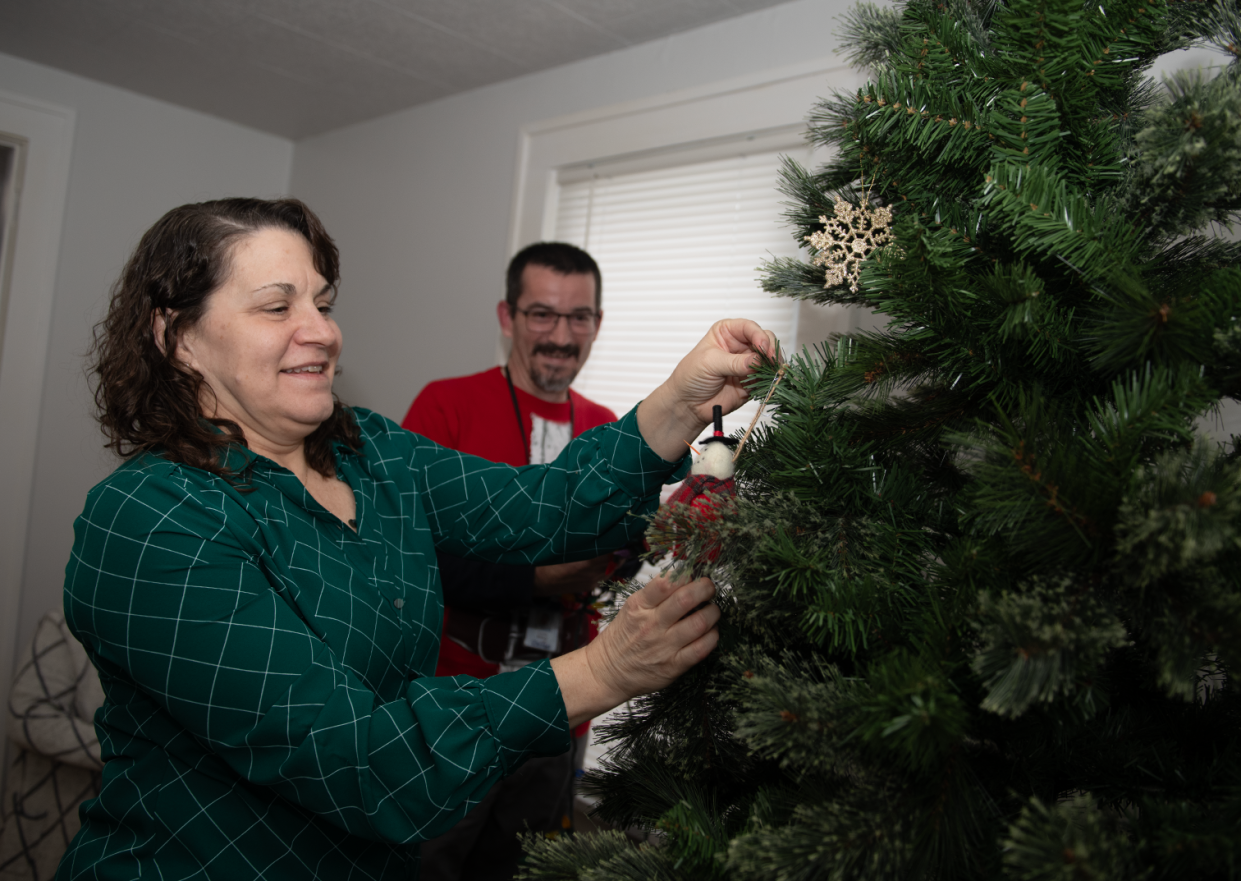
Mental health urgent care
The state has allocated $2.5 million toward a new behavioral health urgent care facility in Ravenna. The funding, announced in September, is about half of the funding needed to construct the center.
Coleman Professional Services said the $5.1 million project would include an extensive renovation and addition to the existing Crisis Stabilization Unit at 3920 Lovers Lane, which is owned by the Mental Health and Recovery Board of Portage County and opened in 1987. The building now houses an 11-bed crisis stabilization unit and behavioral health treatment offices operated by Coleman.
The project includes renovation and new construction to improve the existing building, and add a secure drop-off and 23-hour observation unit to the facility.
State Rep. Gail Pavliga, who pushed for the state funding, said she's been working to address the crisis since she was approached by "local stakeholders" about the issue. Now, she said, her office is close to final bill language that would create a new child placement licensure and "will create new bed spaces and areas for our most vulnerable population."
"We must do everything we can to help our kids in need, and while this bill may not fix every issue, it is an important step in easing the transition between permanent addresses or providing crisis care for vulnerable youth," she said.
Houses help solve the issue
In 2019, Portage County opened its own group home to help address the problem of children in residential treatment facilities across the state.
Now, the county has purchased another house to meet the needs of one boy.
That boy, Jeffries said, was in a residential home but needed one-on-one supervision at a cost of $1,500 a day. So the county made an arrangement with Buckeye Health, a Medicaid provider, to provide the care to the boy. The county purchased the house and furnished it, and the boy and his treatment team are expected to move into the house just after Christmas.
The three-bedroom house will accommodate only the boy and staff. When the boy ages out of the system, Jeffries said, the house will probably be used for another child who has a Medicaid waiver.
In dire circumstances, the county may need to use the house as an alternative to keeping a child at the JFS office, but in that case, the county would need to provide its own staff to supervise the child.
The group home also will accept short term placement children, as long as they have space, said Lindsey Davis, program manager at the group home.
Each child in the system undergoes a needs assessment to determine the least restrictive environment for them. The group home, she said, is staffed with social workers trained to deal with children who have endured abuse and trauma.
The house accepts boys age 10 and older, who learn life skills and participate in structured activities. There are four boys living in the house right now.
"Some of them are waiting for their forever home," Davis said. "Some are working towards reunification. And we do have some who will age out of treatment."
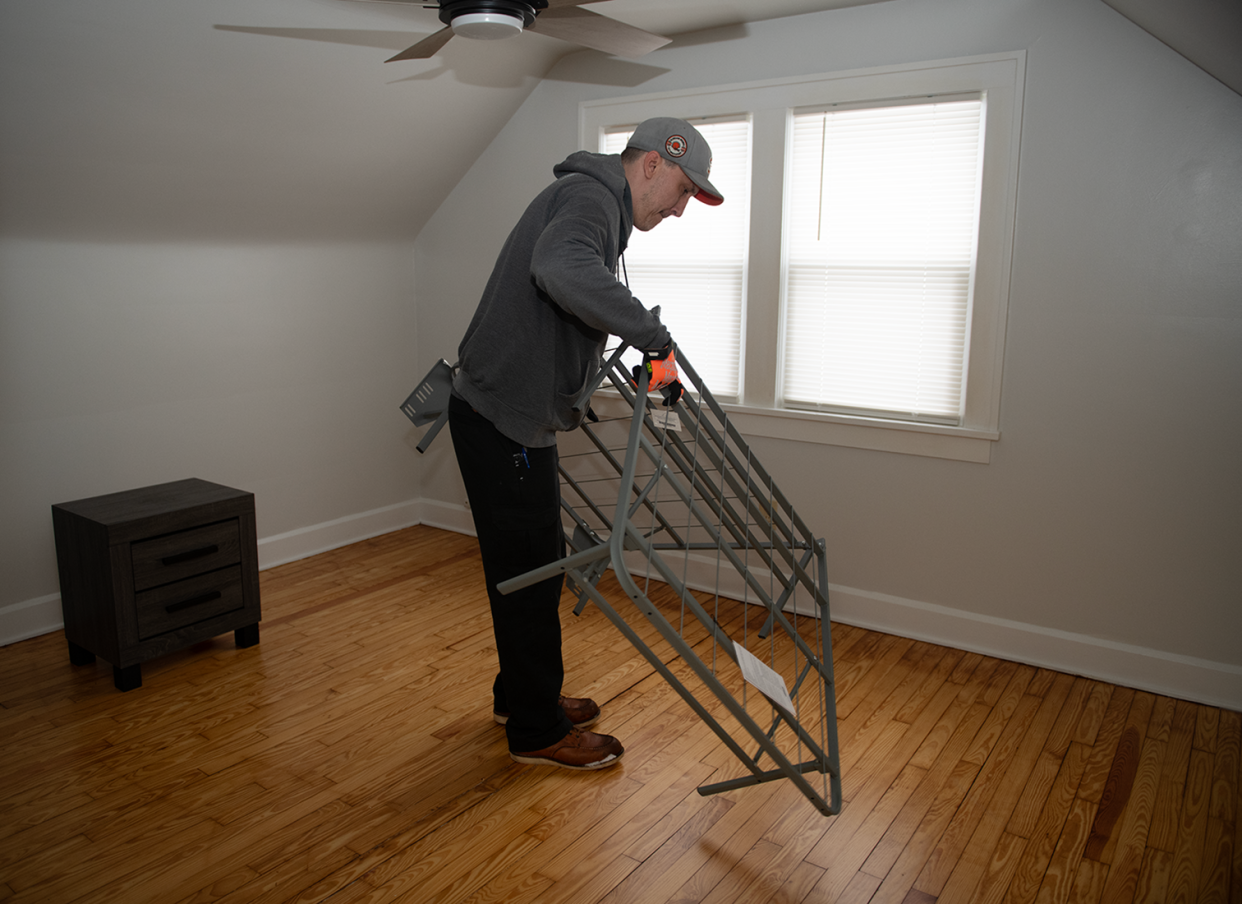
Judee Mulhollen, clinical manager for JFS, said she oversees 14 students, who are placed in facilities across the state.
"We could use 10 more homes like this," she said.
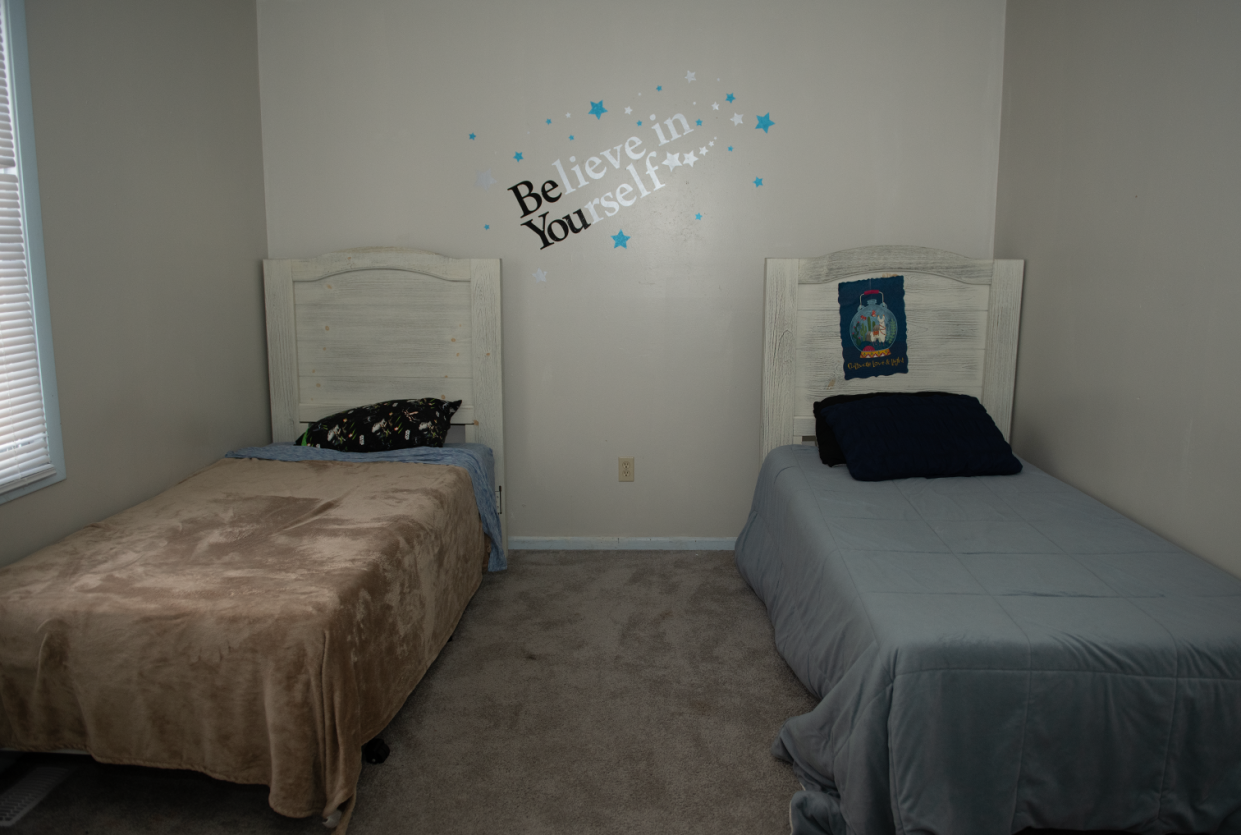
Catching the state's attention
Jeffries said she and her fellow JFS directors have been contacting the state and are hopeful that there will be changes soon that will help the situation.
But until then, she said she is concerned about burnout for her staff. She is also constantly concerned about finding shelter for the the most vulnerable kids in care.
"It absolutely blows my mind that we are not able to serve all the kids in their best interests because of the placement issue," she said.
Reporter Diane Smith can be reached at 330-298-1139 or dsmith@recordpub.com.
This article originally appeared on Record-Courier: Many kids have no place to go; Portage addresses placement crisis
